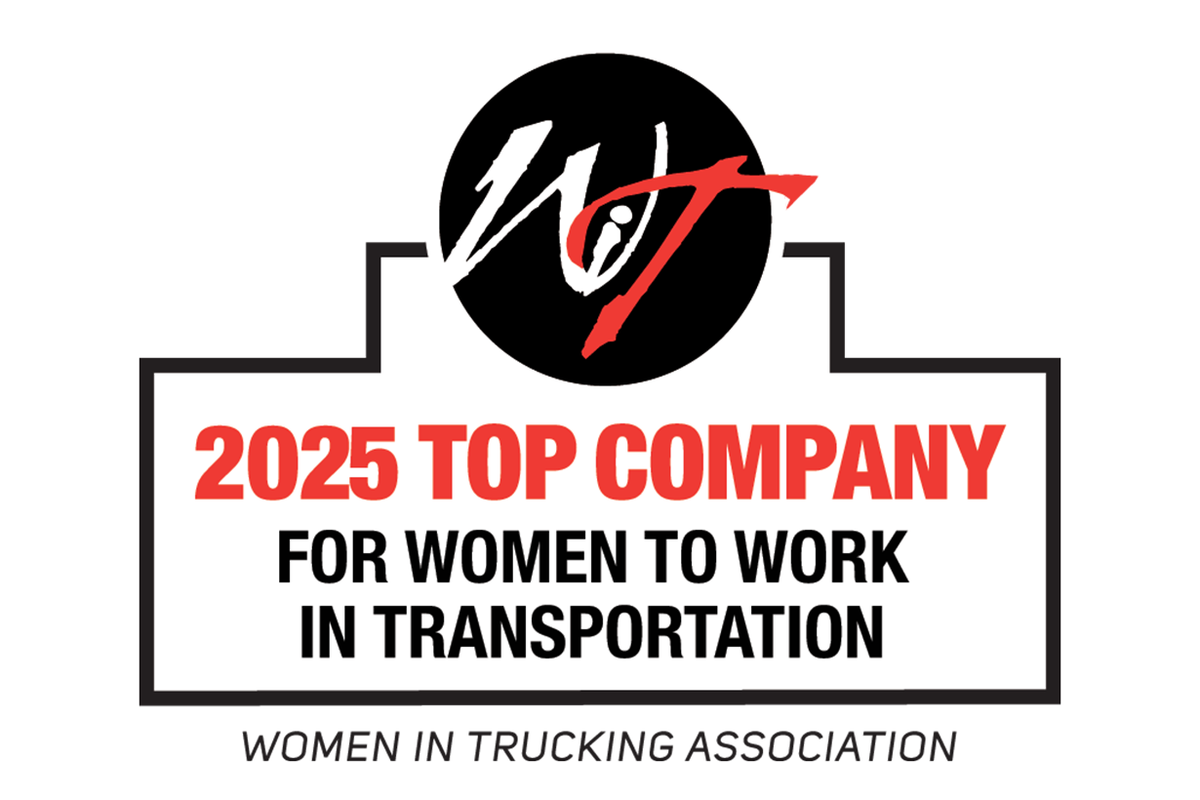DISCLAIMER: The content provided is for general informational purposes only. Penske makes every effort to ensure the accuracy of the information presented; however, the information herein is provided without any warranty whatsoever, whether express, implied or statutory. In no event shall Penske be liable for (i) any direct, incidental, consequential, or indirect damages (including loss profits) arising out of the use of the information presented, even if Penske has been advised of the possibility of such damage, or (ii) any claim attributable to errors, omissions, or other inaccuracies in connection with the information presented.
ClearChain® Technology Suite
Streamline supply chain complexities for optimal network efficiency.
ClearChain® Control
Take your supply chain to the next level with end-to-end visibility, orchestration and control.
Secure Your Data
Our data security solutions monitor systems, information and those who access and view data.
Increase Your Visibility
Our technology suite allows users to know what is happening at the touch of a button.
Improve Efficiency
Drive efficiency, increase sustainability, optimize the supply chain and reduce your risks.
Automotive
Our years of experience prepared us for managing the logistics required for the changing automotive industry.
Chemical
Penske has a background of improving supply chain efficiency for leading chemical, paint and agricultural products companies.
Consumer Products
Allow us to enhance your consumer products supply chain through efficient, cost-effective solutions that give you more visibility.
Food and Beverage
We offer a range of services to transport your products from farm to market, to arrive safely, quickly, and fresh through specialized systems, transportation, and warehouses.
Healthcare and Medical Supplies
We know it's critical for you to have visibility into the safe and timely distribution of healthcare products, medical supplies, and medical devices.
Technology and Electronics
Custom solutions for global supply chains, delivering parts and products through agile distribution and transportation solutions.
Industrial
Manufacturing
We create solutions to support manufacturing and manage your inventory across global networks, all while reducing costs and driving efficiency.
Paper and Packaging
Penske can help identify and trim logistics and transportation costs while retaining superior service and on-time delivery.
Retail
From big box to convenience stores, we serve the delivery and supply chain needs of leading major retailers.
Resource Library
Explore a diverse range of articles, case studies, e-books, industry reports, and news from our logistics experts.
Logistics Industry Reports
These reports are widely used by supply chain and logistics professionals as the benchmark for U.S. logistics activity.
Case Studies
Review our supply chain management case studies to see how we've helped major corporations overcome logistics challenges.
Logistics Glossary
Find the most up-to-date definitions for Penske Logistics terminology.
Leadership Team
Learn about the leaders of Penske Logistics, a global logistics solutions provider. Explore their backgrounds, roles, and insights into the industry.
Global Reach
Penske is a large global logistics solutions and services providers, offering local management to meet your needs.
Environmental Sustainability
As a leader in transportation and logistics, we recognize our environmental responsibility to provide sustainable logistics solutions.
Press Releases
Discover our achievements, including expansions, improvements, and partnerships. Explore press releases from Penske Logistics.
News and Stories
Stay informed about key industry news and Penske Logistics updates through our blog posts.
Awards
Our partners and industry organizations have recognized us for providing outstanding logistics services.
Request Information
Give us a call or send us a message. We want to hear from you.
Request for Proposal (RFP)
Let's begin a dialogue. Send your requirements and a Penske representative will contact you.
Become a Carrier
Develop a partnership with Penske. Our agents are ready to go to work for you.
Join Our Team
Advance your career with an organization committed to integrity and innovation.

News and Stories
Keep Up With Logistics News
Sign up for the Penske newsletter
×Thanks for Your Interest
Penske will send you our latest industry communication just as soon as it becomes available.




